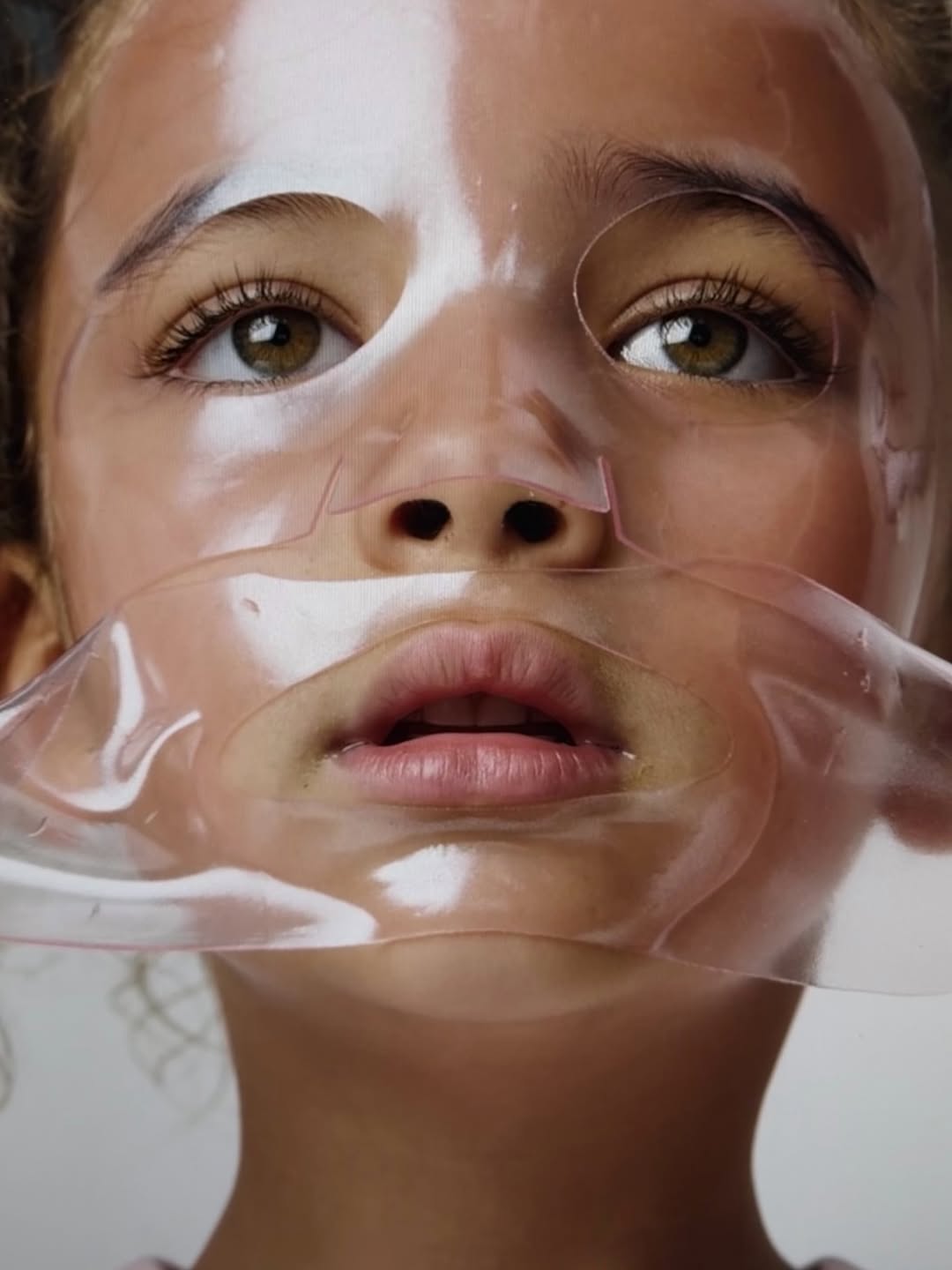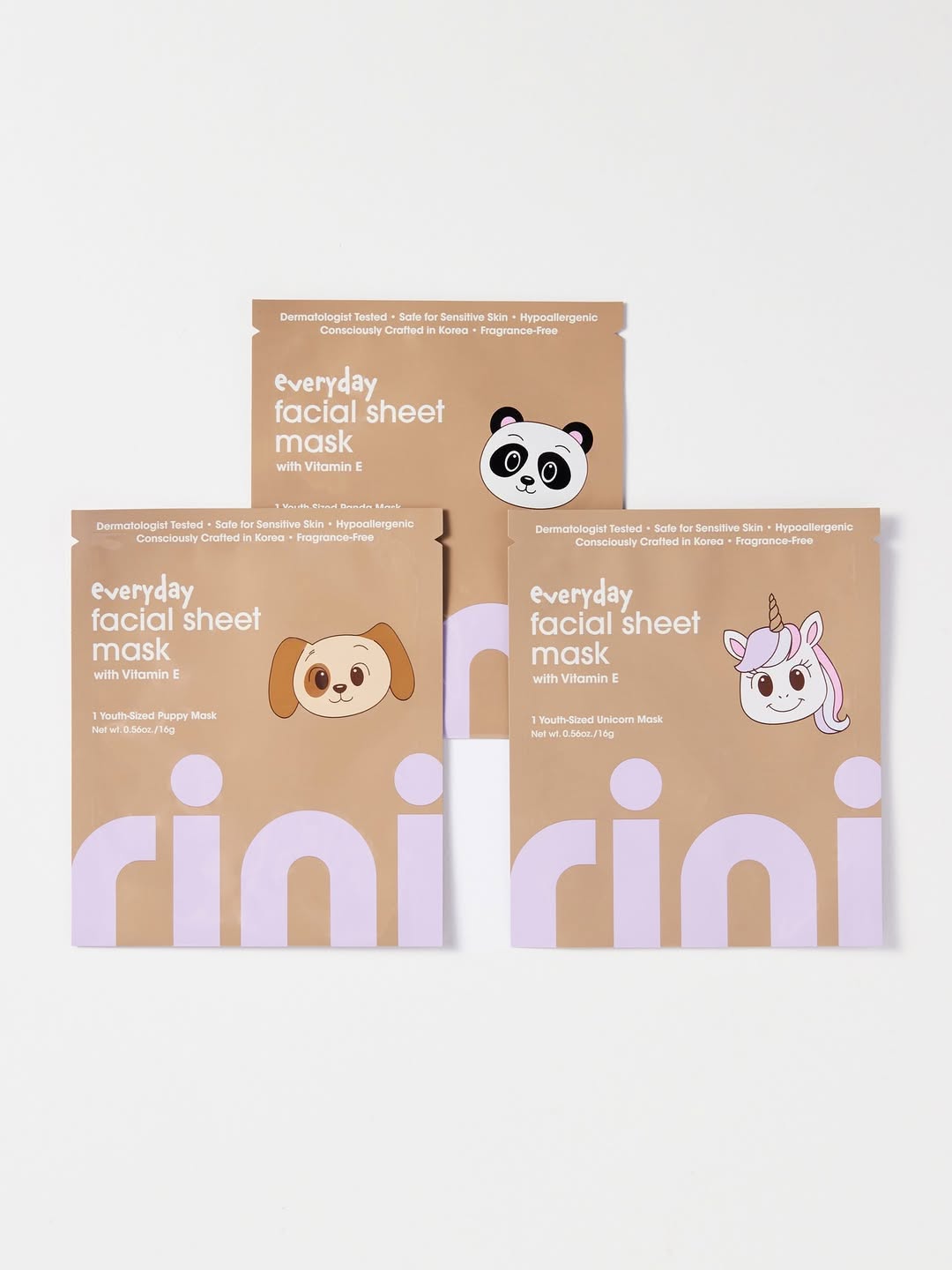Shay Mitchell’s Children’s Skincare: A Creepy Step Too Far
Shay Mitchell has launched a new skincare brand aimed at children, Rini which sparking controversy over the mental and physical impact of cosmetic routines on young kids. Critics argue it’s dystopian, feeding children the idea that their natural skin isn’t enough and that they must alter their appearance to be accepted.
The Creeping Cosmetic Culture
Shay Mitchell’s latest venture into children’s skincare is unsettling. While marketed as “gentle” and “safe,” the very premise of encouraging kids to use cosmetic products normalizes the idea that they need to change themselves before they’ve even fully developed a sense of identity. This is not about skincare—it’s about conditioning children, especially young girls, to prioritize appearance over self-worth.
Celebrity influence magnifies the problem. Mitchell’s name guarantees visibility, and with it comes implicit authority. Children aren’t just buying lotions—they’re buying into a culture that tells them they are incomplete without it. This is a dangerous message, shaping the next generation to equate acceptance with cosmetic perfection.
Physical and Psychological Risks
Pediatric dermatologists caution that children’s skin is incredibly sensitive. Even products labeled hypoallergenic can cause reactions, long-term sensitivity, or dependency on topical treatments. More troubling is the psychological cost. Early exposure to cosmetic routines primes children for body image anxiety, social comparison, and an obsession with external validation.
Dr. Rebecca Shapiro, a child psychologist, warns, “Introducing appearance-focused products to young children can embed self-esteem issues long before they develop the tools to manage them.” Encouraging children to spend time scrutinizing their skin is effectively turning their innocence into a marketplace.

Dystopia Disguised as Skincare
In a world dominated by social media and influencer culture, marketing skincare for children is disturbingly dystopian. It signals that pre-teens should begin optimizing their appearance for public consumption—a concept previously reserved for adults. The beauty industry is no longer merely about hygiene or health; it is about shaping identity and perception from an early age.
Parents, celebrities, and marketers alike must ask: do children really need skincare products, or are they being sold a narrative that fuels insecurity and conformity? With Mitchell’s brand poised to capture attention, the cultural impact is far-reaching and, frankly, troubling.

Opinion: Stop Selling Insecurity
We don’t need children’s skincare. What children need is freedom from societal pressures to modify their appearance. Mitchell’s line may be well-intentioned, but it feeds into a system that equates self-worth with external perfection. Cosmetic routines should not begin in childhood. Instead, we should encourage children to value themselves as they are—skin, hair, and all—without fear that they’re somehow incomplete.
This is more than a celebrity brand launch; it’s a warning about the normalization of cosmetic culture for children. When skin becomes a commodity, childhood innocence is the price.














